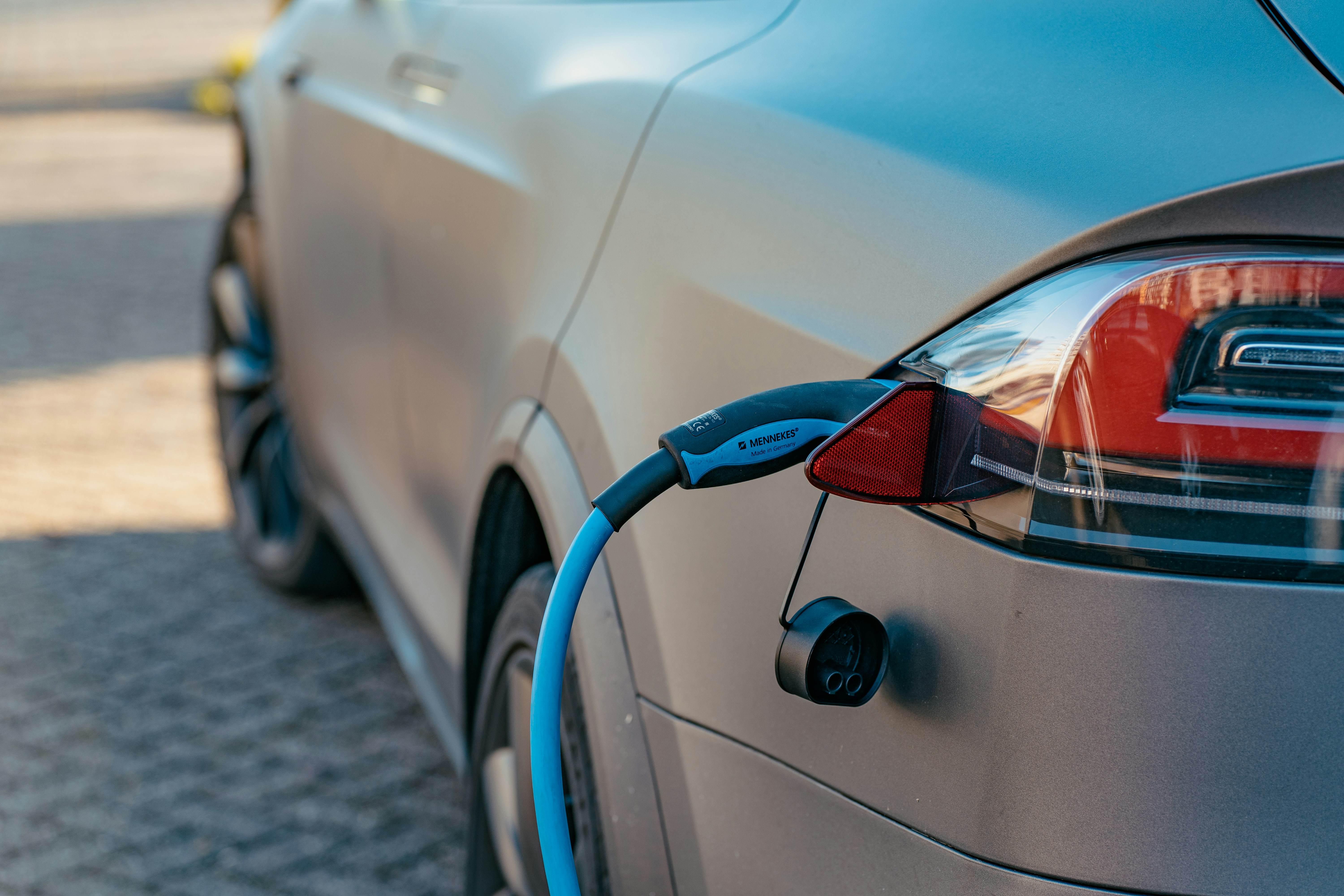Charge Ahead Partnership was proud to advocate for a competitive and level playing field for all businesses that want to provide publicly available electric vehicle (EV) charging in Georgia. This effort culminated on May 2, 2023, when Governor Kemp signed SB 146 into law, addressing key barriers to the creation of an equitable EV charging marketplace in Georgia.
SB 146 established that entities selling electricity for EV charging purposes are not regulated as utilities and allows EV charging operators to sell electricity volumetrically, bringing Georgia in line with the policy of most states across the country. Prior to the passage of this bill, only regulated utilities could charge for electricity volumetrically.
Key Provisions of SB 146:
Allows private entities to sell electricity by the kWh without being regulated as an electric utility.
Levels the playing field by limiting the ability of electric utilities to enter the EV charging market using ratepayer funds.
SB 146 also limited the ability of public utilities to use ratepayer funds to subsidize the ownership and operation of EV charging stations. Prior to the passage of SB 146, electric utility companies largely controlled the roll-out of EV charging stations; however, this did not yield the best results for consumers and discouraged private businesses from entering the EV charging market. SB 146 addressed these concerns by limiting utility ownership of EV chargers to one specific Georgia Power “Community Charger” program. Through this program, Georgia Power is limited to 11 charging locations annually, and must give the private market the right of first refusal on any proposed site. Utility-owned chargers outside this program can only be owned and operated through a separate subsidiary that cannot access ratepayer funds and must operate under the same rates, terms and conditions as any other EV charging operator in the market.
While SB 146 is a great step forward, there is still work to be done. The last major barrier to private investment in EV charging is the outdated rate structure that EV charging operators are currently subject to. Continued efforts to address demand charges and establish common-sense rates will be essential to the development of Georgia’s EV charging network.
The success of SB 146 during the 2023 session came on the back of hard work done during the 2022 session and the interim between sessions. In the 2022 session, CAP supported HB 1322/SB 492, a bill with similar goals to SB 146, which ultimately did not pass despite garnering strong support in committee. CAP also supported SR 463 which created the Joint Study Committee on the Electrification of Transportation to study policy solutions for EV charging. CAP presented before this committee multiple times and the recommendations of this committee were influential in the shaping of SB 146.


